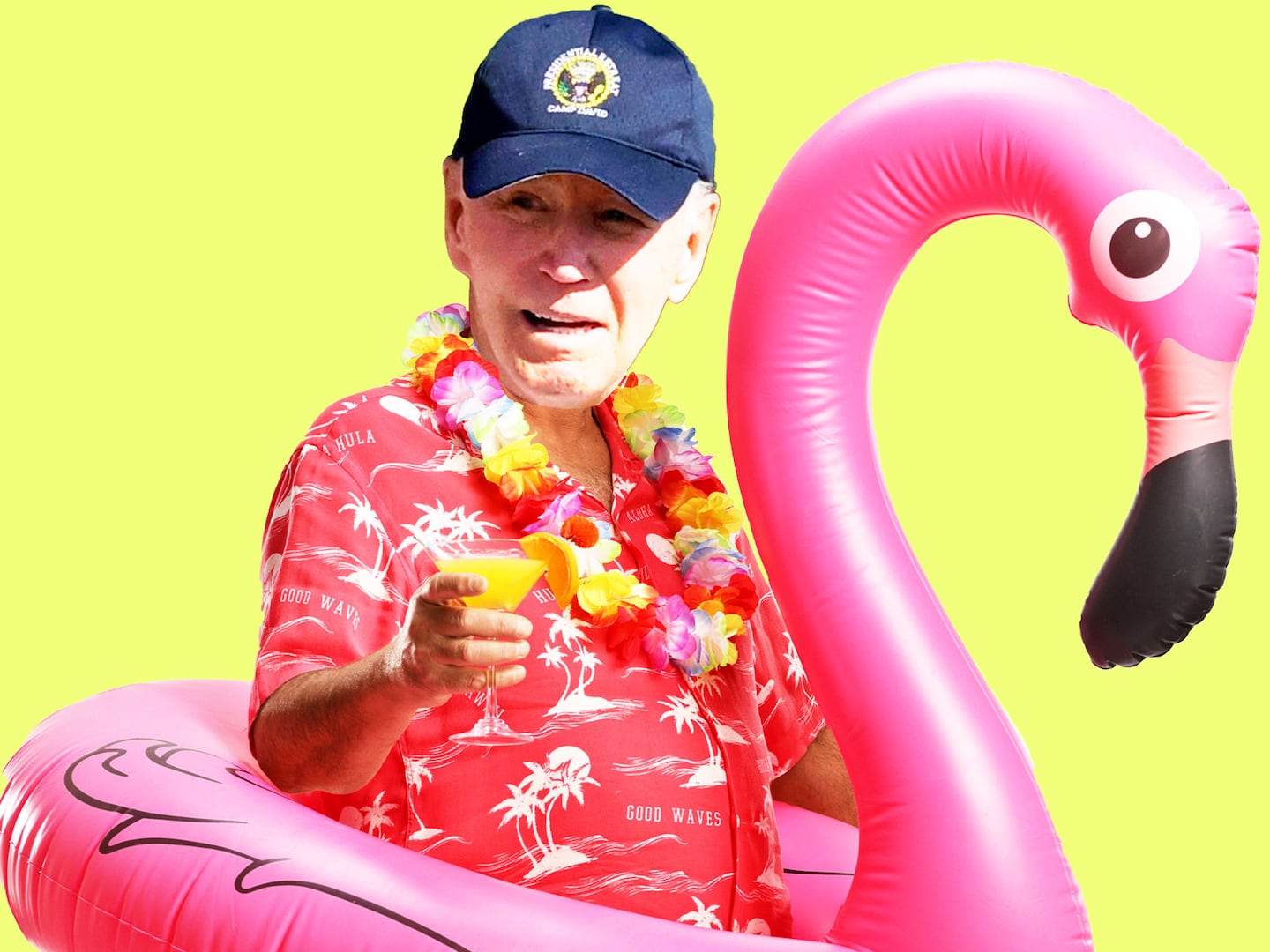The quintessential American novel of rambunctious boyhood contains 13 dead bodies, numerous violent assaults and crimes, and a conspicuously casual deployment of the ugliest racial slur in the English language. Mark Twain’s Huckleberry Finn was once banned by libraries across America for its violence, coarse language, and subversive ideas on race and childhood. But the book is now the most-often-assigned novel in American schools. Do its many provocations no longer startle and offend, or has a convenient case of cultural amnesia helped us forget the most radical and disturbing elements of a complex masterpiece?
Huck Finn’s America, a fascinating new book by Andrew Levy, argues that we persistently misread Twain’s messages on race and children for a simple reason: Americans still subscribe to many of the same myths and prejudices as their 19th-century ancestors. Twain’s novel is not a hymn to the carefree pleasures of a rustic childhood; it’s a barbed critique of precisely the sort of standardized education that has now led to the book’s adoption in countless classrooms. And despite the fame of Huck’s declaration that he would rather go to hell than return Jim to slavery, he and Tom Sawyer prolong Jim’s enslavement just to entertain themselves.
Common readings of the book are now trapped in the same sanctimonious clichés that Twain both punctured and perpetuated. Levy blends cultural history, biography, and perceptive readings to reveal the shadowy complexity of a novel Americans compulsively simplify. Toni Morrison once described Huck Finn as “an amazing, troubling book,” and Levy’s book shows precisely how and why this remains true.
When Twain published Huckleberry Finn in 1884, the headlines of many American newspapers featured deeds of chilling villainy by child criminals. Certain kids, like a boy in Cincinnati who conspired with a “Negro” accomplice to murder and rob their employer, really were criminals. But all children were potential criminals. The “literary poison” of dime store novels about detectives, cowboys, and pirates could quickly turn a good kid bad. “Reading was the Xbox of the Victorian age, and dime novels their equivalent of violent video games,” Levy writes.
Cultural hysteria about the pernicious effects of genre fiction reached astonishing heights. The president of Yale thought that bad books could literally make people idiots: “It now and then happens that a youth of seventeen becomes almost an intellectual idiot or an effeminate weakling” because of bad taste in novels.
Twain loved to mock moralistic children’s literature in which good little boys were rewarded and bad boys suffered. He wrote one piece called “The Story of the Good Little Boy Who Did Not Prosper” about a boy who “was so honest that he was simply ridiculous.” He “always obeyed his parents, no matter how absurd and unreasonable their demands were.” The story ends when the boy literally gets blown apart in an explosion. Being good isn’t always a good idea.

Of course Twain didn’t want all children to become thieves, liars, and murderers. But he didn’t indulge alarmist arguments that kids would become evil by reading fun adventure stories. He was also sympathetic to just how absurd and unreasonable the expectations of adults could be. As a boy, Twain himself was a notorious truant who skipped school religiously. He witnessed murders, befriended prisoners and slaves, and attended minstrel shows. Rather than irreversibly corrupting him, these childhood experiences informed much of his fiction. A more “sivilized” upbringing would have bored Twain and impoverished the nation’s literature.
Twain sympathized with education reformers in the 1880s who opposed corporal punishment in schools. But he also sympathized with people who opposed school altogether. Mandatory universal education was a recent development at the time, and Huck represents the impossibility and undesirability of forcing all children to attend school. Some teachers in 19th-century American schools actually wore firearms in the classroom to maintain order. Perhaps the cost of compelling some kids to attend school outweighed the benefits.
But it’s simplistic to see Twain as merely an “ambassador of the children,” as he once described himself. Twain was also something of an anthropologist of the children; he studied their dialects, syntax, and mannerisms with a nearly scientific exactitude. And when he toured and gave public readings, which was frequently, he delighted in slipping into the dialects of both children and African-Americans.
Like Abraham Lincoln and Walt Whitman, Mark Twain loved minstrel shows. This uncomfortable fact casts his love of impersonating the diction and dialect of African-Americans in an awkward light. Twain did not rub burnt cork on his face or perform skits in which African-Americans longed for the good old days of plantation life. But he enjoyed and profited from depicting broad stereotypes of African-Americans. Levy makes a persuasive case that Twain was one of the first powerful white men to inaugurate the dubious tradition of profiting from the perceived coolness and vitality of black American culture. Music producers to advertisers to television executives are still playing the same game.
The word “nigger” appears more than 200 times in the original manuscript of Huckleberry Finn. Dramatic context—who says it, and when, and why—can only go so far toward softening the disturbing impact of its pervasive presence. And Twain himself was only willing to go so far in his public statements about race. He decried racism and slavery privately, and he knew that the sympathetic depiction of the character Jim in Huck Finn might limit his readership in the Southern states. But he cared about not alienating mainstream white America. So while he admired the gumption of white authors who made comments overtly opposing segregation, he was careful in his public remarks.
Michael Jordan once defended his decision not to make a political endorsement by saying that Republicans buy sneakers too. Late in life, Mark Twain wrote a devastating and outraged essay called “The United States of Lyncherdom,” but he withheld its publication until after his death. Racist people bought books too.






